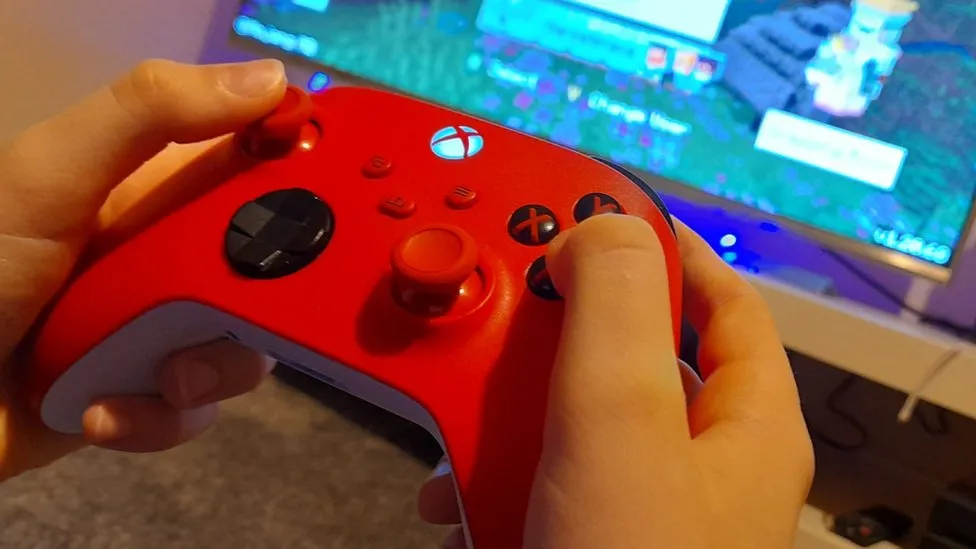In the ever-evolving landscape of gaming, the battle between the giants—Xbox, Nintendo, and PlayStation—has been ongoing for decades. These three juggernauts have shaped the gaming industry, defining generations of players and pushing the boundaries of technology. But as the gaming landscape continues to shift, one might wonder: does it still matter which console you choose?
The answer is a resounding yes, albeit with some nuances. While the lines between these platforms have blurred in recent years, each still holds a unique position in the market, catering to different preferences and gaming experiences.
Let's start with Xbox, Microsoft's gaming brand. With the launch of the Xbox Series X|S, Microsoft has focused on creating a powerful ecosystem that extends beyond traditional console gaming. Xbox Game Pass, a subscription service offering a vast library of games, has been a game-changer, providing access to a plethora of titles for a monthly fee. Additionally, Microsoft's commitment to backward compatibility ensures that players can revisit their favorite games from previous generations. The integration with PC gaming through Xbox Play Anywhere further expands the reach of the Xbox ecosystem. For players who value performance, community, and a seamless gaming experience across devices, Xbox remains a compelling choice.
On the other hand, Nintendo has carved its own niche with innovation and creativity. The Nintendo Switch, with its hybrid design allowing for both handheld and docked gameplay, has been a runaway success. Nintendo's first-party titles, such as The Legend of Zelda: Breath of the Wild and Super Mario Odyssey, consistently receive critical acclaim and drive hardware sales. Beyond its first-party lineup, Nintendo's emphasis on family-friendly gaming and unique gameplay experiences sets it apart. For those seeking innovation, nostalgia, and family-friendly entertainment, the Nintendo Switch continues to be a top choice.
Then there's PlayStation, Sony's flagship gaming brand. Boasting an impressive lineup of exclusive titles, including blockbuster franchises like God of War, Uncharted, and The Last of Us, PlayStation has cultivated a loyal fanbase over the years. The PlayStation 5, with its fast SSD storage and DualSense controller's haptic feedback, promises immersive gaming experiences. Sony's focus on narrative-driven single-player games and cinematic storytelling has resonated with players looking for deep, immersive experiences. PlayStation's robust online ecosystem and PlayStation Plus subscription service offer additional value to players. For those who prioritize exclusive titles, immersive storytelling, and cutting-edge technology, PlayStation remains a compelling choice.
While each platform has its strengths, the gaming landscape has evolved beyond traditional console wars. Cross-platform play and cloud gaming services have made gaming more accessible and interconnected than ever before. Players can enjoy games with friends regardless of the platform they choose. Furthermore, the rise of gaming PCs and mobile gaming has introduced new avenues for gaming experiences.
Ultimately, the choice between Xbox, Nintendo, and PlayStation depends on individual preferences, gaming habits, and priorities. Whether you're drawn to performance and community, innovation and creativity, or exclusive titles and immersive storytelling, there's a gaming platform that caters to your needs. In an industry defined by innovation and competition, the importance of Xbox, Nintendo, and PlayStation persists, each offering a distinct flavor in the rich tapestry of gaming.

0 Response to "Xbox, Nintendo, or PlayStation: Does It Still Matter?"
Post a Comment